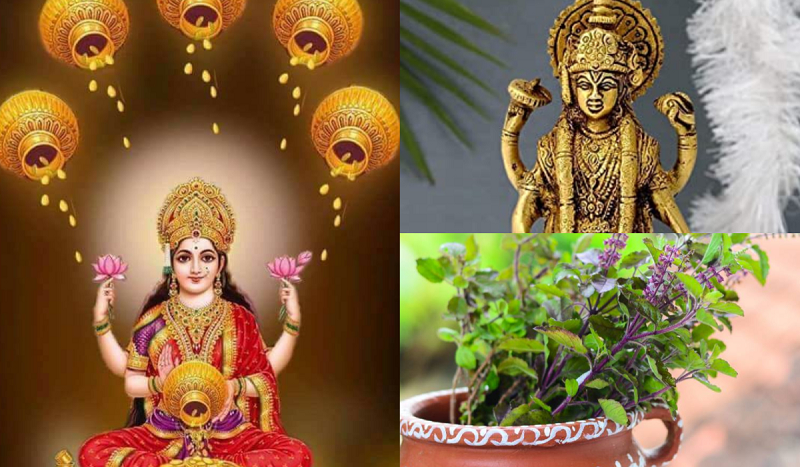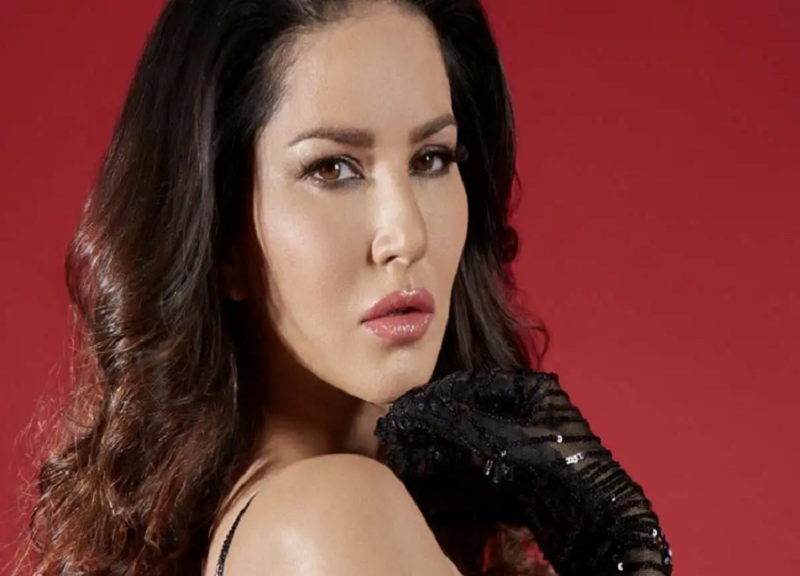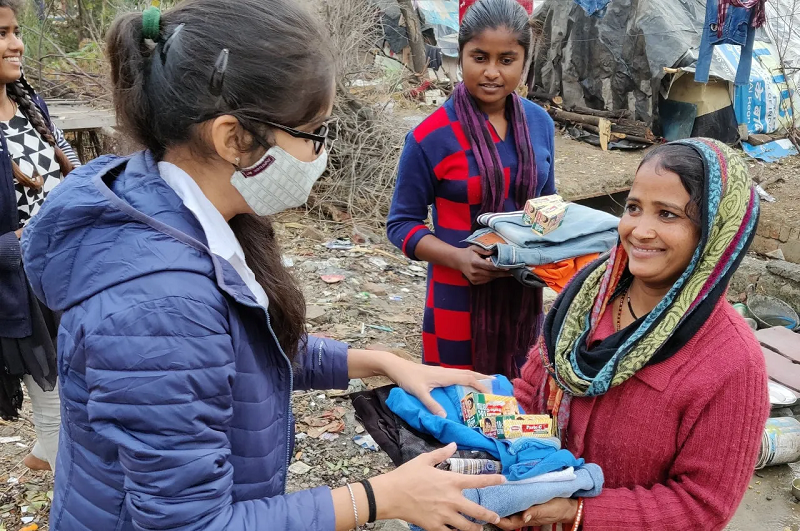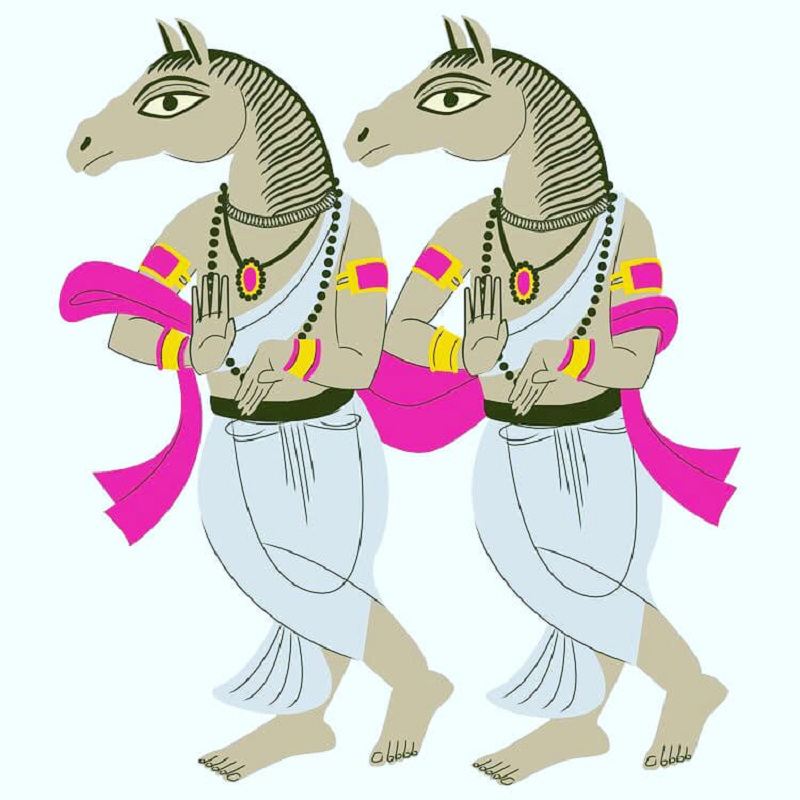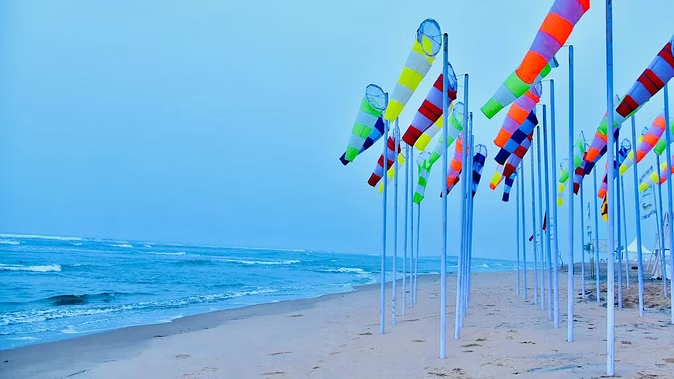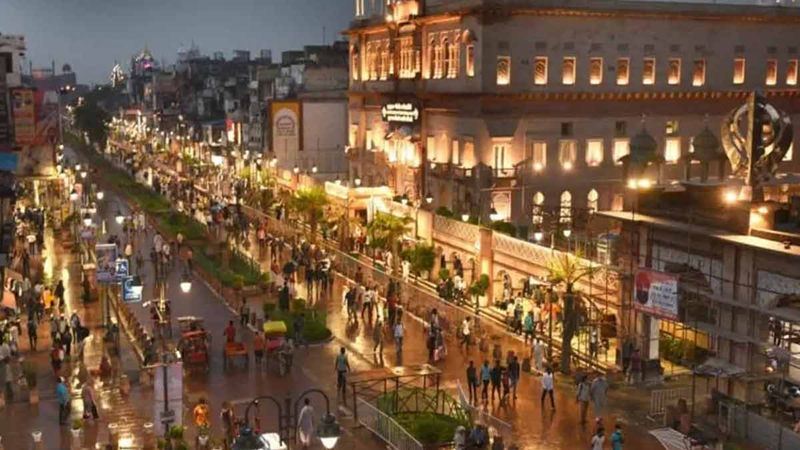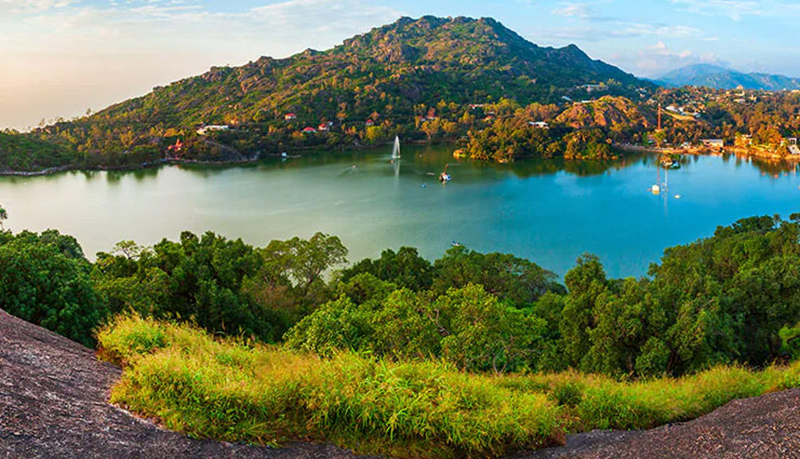The festival of Diwali is celebrated all over India, but according to the traditions and customs of each province, this festival has taken different forms. The tradition of this festival is slightly different in Tamil Nadu, where everyone celebrates this beautiful festival of Diwali together. Everyone celebrates the festival of Diwali, but some other traditions and customs celebrate it in different places. In Tamil Nadu, the festival of Diwali starts a day before Amavasya. Before the festival, the house is cleaned and decorated with kolam, rangoli, betel leaves, dry fruits, flowers, and other leaves.
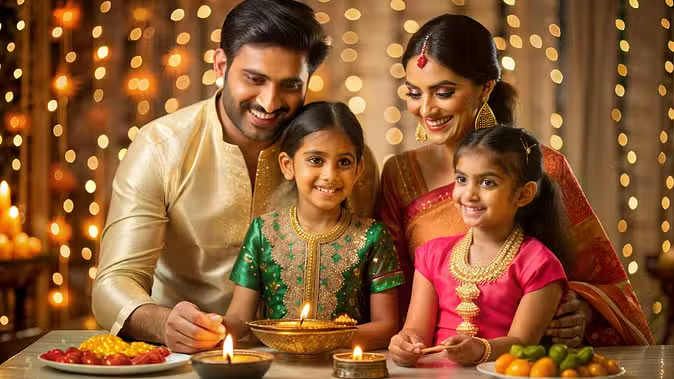
The tradition is different.
While in North India, the festival of Diwali is celebrated by lighting lamps as a celebration of the arrival of Ram-Sita after returning from 14 years of exile, in Tamil Nadu this festival is celebrated in the joy of the killing of Narakasura by Shri Krishna. This festival is celebrated on Amavasya in the month of Kartik in North India. Still, in South India, the Diwali festival starts on Chaturdashi of Krishna Paksha in the month of Kartik. On that day, people apply oil and Ubtan and take a bath early in the morning before sunrise, because the next day is Amavasya and one cannot take a bath with oil on the head on that day. In this way, Diwali celebrations for Tamil people start with applying oil and taking a bath early in the morning.
New clothes are necessary.
Although new clothes are worn on the day of Diwali in most states of India, in Tamil Nadu, whether poor or rich, a person buys new clothes according to his status. After taking a bath for this festival, the traditional new clothes bought are placed in front of God at night. The next morning, i.e. on the day of the festival, the head of the house gives these clothes to everyone with his own hands as a blessing. All the members of the family happily wear these clothes greet the elders and take their blessings. In Tamil Nadu, there is still a tradition of doing Shastang Namaskar, and if one is a Brahmin, then doing Shastang Pranam by reciting Gayatri Mantra, which they have maintained till date.
Special for newly married couples
The first Deepawali of newly married couples is called Thalai Deepawali (First Deepawali). For this, the husband comes to his in-laws' house with his wife a day before and both celebrate Deepawali. Long ago, the boy's entire family also used to come to his in-laws' house and participate in this celebration. The boy's family brings new clothes for everyone. Usually, they buy a saree for the daughter-in-law on the first Diwali. Apart from this, the girl also gets a saree from her parental home. After this, crackers burst at night and earthen lamps are lit.

Food and drink
On the eve of Narak Chaturthi, women make a special medicine 'Marundu'. It includes black pepper, dry ginger, black cumin, long pepper, licorice, and many other medicines, and after grinding and filtering, it is cooked in jaggery syrup. Lots of ghee, sesame oil, etc. are added to it.
It is believed that this digestive medicine is given beforehand to prevent the health from deteriorating after eating different dishes during the festival. After this, sweets and dishes prepared in advance are placed in front of God. On this day, everyone goes to the neighborhood and asks 'Have you taken Ganga bath?' People visit relatives' houses early in the morning and in the afternoon, different types of delicious dishes, such as rice, sambhar, rasam, payasam, three types of vegetables, raita, medu vada, etc. are prepared and papads are fried. In this way, completely traditional food is prepared, the exchange of which continues for many days.
(PC: Adobe stock)


